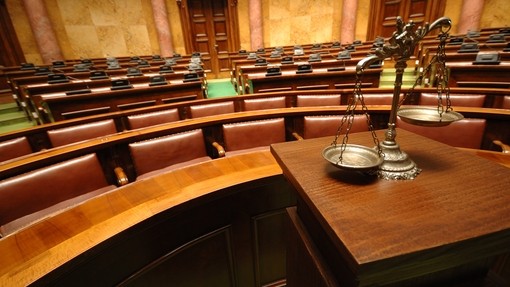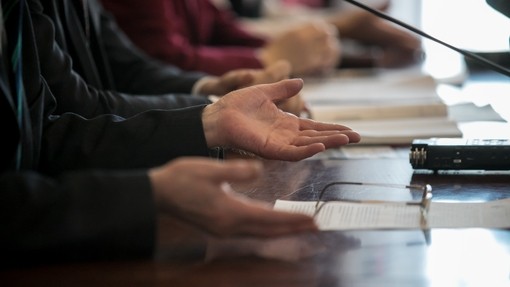Hermès -v- the 'MetaBirkin': trade marks entering the Metaverse

Hermès -v- the 'MetaBirkin': trade marks entering the Metaverse
In the US, the case of Hermès International -v- Mason Rothschild has set a precedent about how trademark rights can extend to, and be enforced in, the metaverse. This decision could change the NFT world as we know it.
Background
Hermès made headlines back in January 2022 when it filed a case for trade mark infringement against Mason Rothschild for his use of the “MetaBirkin” in relation to NFTs.
Mason Rothschild created a collection of NFTs dubbed ‘MetaBirkins’ relating to digital designs of handbags covered in brightly covered fur. It was quite noticeable that the MetaBirkins appeared to be digital images of Hermès’ famous Birkin bags covered in fur. These were promoted and sold for a total of over $1 million.
Hermès claimed, among other things, trade mark infringement and cybersquatting relating to unauthorised use of its registered trade mark ‘BIRKIN’ and the trade dress of its famous ‘BIRKIN’ handbag by Rothschild. Hermès made the following arguments:
- Consumers would believe that the NFTs originated or were associated with Hermès, which could cause confusion and reputational damage.
- As well as the BIRKIN trade mark, digital images of handbags that resemble the shape of the infamous ‘BIRKIN’ bag were being used (which also used Hermès trade dress).
- Rothschild had also registered domain names and social media handles bearing the MetaBirkin mark, which could cause additional confusion amongst consumers.
- Other fashion brands have extended their offering into the metaverse and Hermès has been planning to do the same since 2019 (prior to Rothchild’s use) but its plans have been hampered by Rothschild’s actions.
- The mark ‘BIRKIN’ is highly distinctive and Hermès has a large reputation for it; it has been used in relation to handbags for many years and has allegedly generated over $1bn of sales.
Rothschild, on the other hand, claimed his MetaBirkins were protected as an “artistic work” under the US’ freedom of speech laws protected by the First Amendment, his MetaBirkin project explicity disclaims any affiliation with Hermès, and consumers would consider this before purchasing the NFTs.
Decision
The key question in this case was the likelihood of consumer confusion between the origin of the MetaBirkin and Hermès’ Birkin brand. On 8 February 2023, the jury found that Rothschild’s ‘MetaBirkins’ were likely to confuse consumers and mislead them as to the origin of the products and that use of the ‘MetaBirkin’ domain was cybersquatting. The US District Court for the Southern District of New York rejected Rothschild’s arguments that his MetaBirkins were protected works of art and Rothschild was ordered to pay Hermès $110,000 for estimated profits he received from the NFT sales and $23,000 for cybersquatting.
Comments
This decision demonstrates that trade mark owners can prevent third parties from using conflicting brands in relation to NFTs and will afford protection and enforcement of their trade marks in the digital world. It suggests that IP rights should apply and be enforced in the metaverse as they are in the real world and indicates that the same tests (ie likelihood of customer confusion) should apply - the key question in this case was the perception of the consumer – it was not about the art itself but how that art was promoted and ‘packaged’ to consumers. The key considerations in this case were not just that a copycat image of a Birkin handbag was being used, but also the name of the product, MetaBirkin, and registration of a domain name, MetaBirkins.com. There was also further evidence that Rothschild referred to his MetaBirkin project as a ‘goldmine’ and it was the value of Hermès’ brand that drove his sales. All of these factors were significant in finding trade mark infringement.
This decision will impact how artists can promote and sell their works and is a warning to others expanding into the digital space to avoid using conflicting brand names in order to attract custom. It will be interesting to see the impact of this decision on trade mark law in other jurisdictions including within the UK.
NFTs are everywhere now and brands are wading into the metaverse and adopting NFTs into their brand strategy and marketing. More brand owners will now see the value in securing protection for their trade marks in relation to NFTs and virtual goods.






